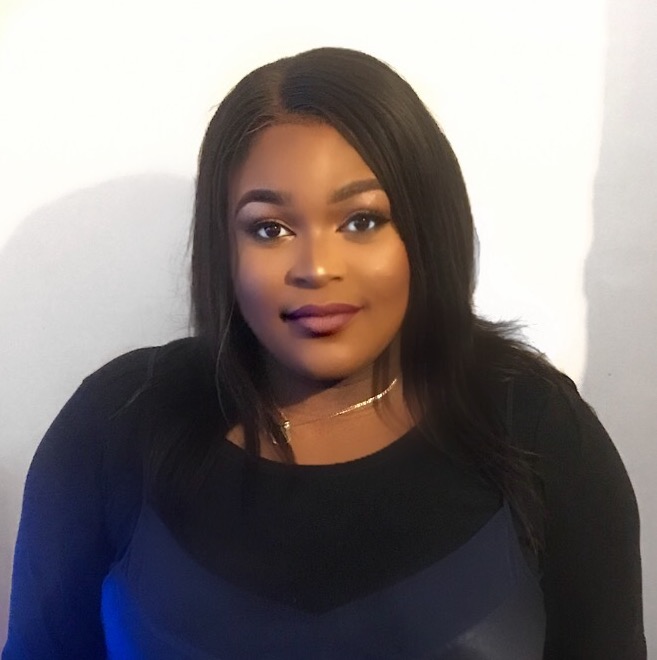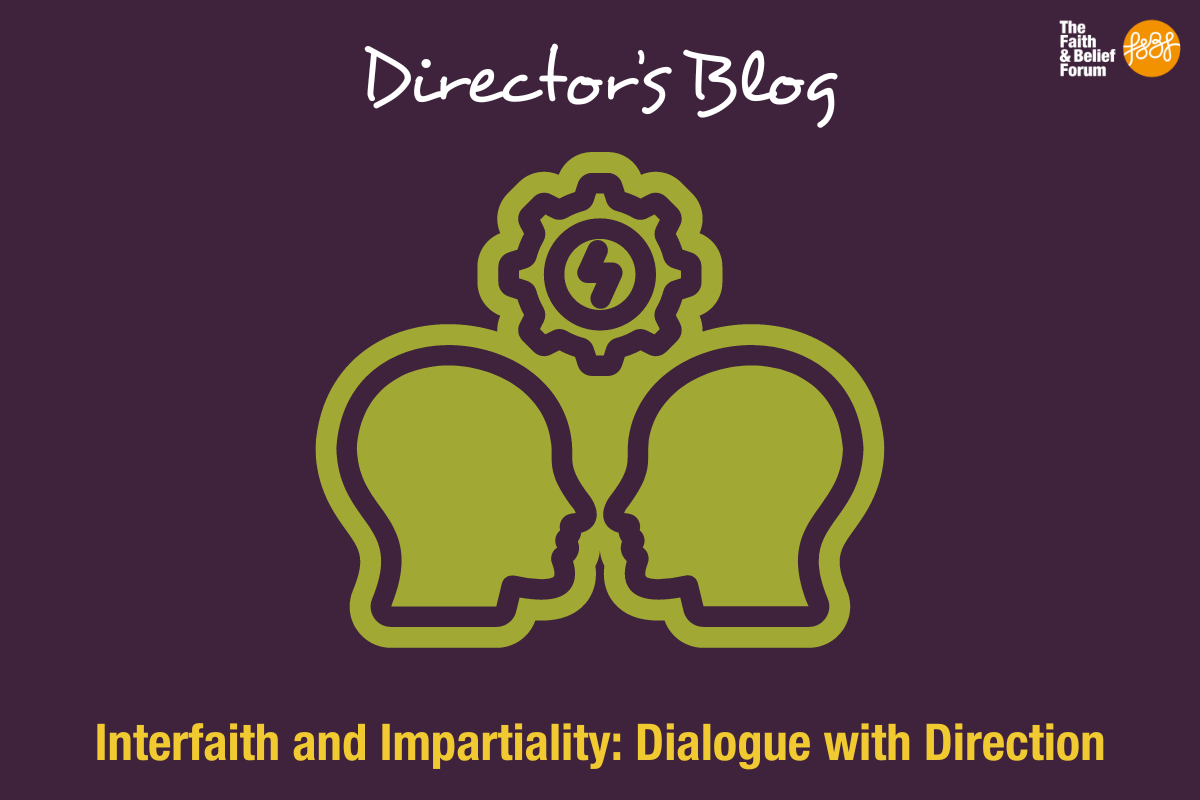
Challenging Faith Based Hate: True Stories
16 / 02 / 24
Menu

04 / 10 / 18

By Charmaine Ibe
The earliest word I remember being able to spell, as an infant, was Christian. I am pretty sure, I could spell Christian before I could confidently spell my name (my name is nine letters long, so it was a bit of a task as a child). My spelling abilities came virtue of a song; the lyrics to the song are as follows:
I am a C
I am a C-H
I am a C-H-R-I-S-T-I-A-N
and I have C-H-R-I-S-T
in my H-E-A-R-T
and I will L-I-V-E E-T-E-R-N-A-L-L-Y
As I type, I nod my head to the familiar tune and feeling brought to me by the compilation of letters. Looking back, I realise my introduction to identity had come from a song. I identified as Christian first and Christianity was a constant feature in the way I experienced my other identities. I prayed to bless the traditional African food I ate, my Igbo (Nigerian language) middle name translates to God loves me, the list goes on. My faith expressed itself in a multitude of my identities.
Now older and aware of the forms of social injustice in the world, I extend my ‘I am a Christian’ to include Black (British) and Woman. From damning scientific evidence such as the race and gender pay gap to microaggressions (the likes of ‘where are you really from?’ and assumptions that I will be able to for one, twerk and secondly, willing to teach said talent). My understanding of inequality causes me to self-reflect and incorporate identities of difference as well as otherness – commonalities I have with groups socially disadvantaged. It is as much a protest for me by embracing otherness, as it is a celebration. A celebration of the culture being of African descent exposes me to, and a reverence that God created me with all my identities in mind.
Often, I have found it tempting to try to reconcile being a Black Christian woman by considering which of them comes first. Is my identity led by my race, faith or other factors? Ultimately, I have concluded, it is more useful to explore the way they intersect, interact and influence one another.
My faith has taught me to love my neighbour and value justice. Jesus, in many ways, was a social activist: He proclaimed He came to set the captives free, and the Bible declares, “Christ is all, and is in all.” History has provided many examples of politics intersecting with Christianity to promote social change. In 1783, the Quakers inspired by their Christian faith petitioned Parliament to end the British involvement in Trans-Atlantic Slave Trade.
Today, social media has raised the awareness of many racial injustices with movements such as #BlackLivesMatter and #MeToo. Last December, a social media post informed me of the reported modern-day slavery in Libya. The post mobilised me to march to the Libyan embassy in London and write to my MP. My political values are shaped and affirmed by my faith. Therefore, Black lives mattering is not only a humanitarian or race topic for me but a matter for my faith.
Exploring one’s identity usually starts with a review of history and origins. Accounts of Black history often focus on slavery and civil rights. The knowledge of the historical degradation of people of African descent, wrongfully rationalised by biblical teachings, can reveal juxtapositions between the identities of being black and Christian. When reconciling my faith and race, I have felt it important to recognise Black Christian history predates slavery. Ethiopia was one of the first nations, in 330 AD to declare Christianity, as its state religion. Additionally, African voices were present in the development of the early church. The Holy Trinity is for many Christian’s a fundamental doctrine. The doctrine was formalised by Athanasius – a man of African descent. Understanding my faith doesn’t have to conflict with my race allows me to embrace my identity as a Black Christian woman.
Every October, Britain overtly celebrates the resilience of the Black community. Black History Month serves to acknowledge the often forgotten Black British history by marrying the identities of Black and British. Black history month is a great example of people embracing seemingly contrasting identities. Similarly, I appreciate the contributions of the ‘I am’s in my life’. I acknowledge as multifaceted as they are, my identities will never be oxymoronic. My faith affirms it.

16 / 02 / 24

15 / 02 / 24

16 / 01 / 24